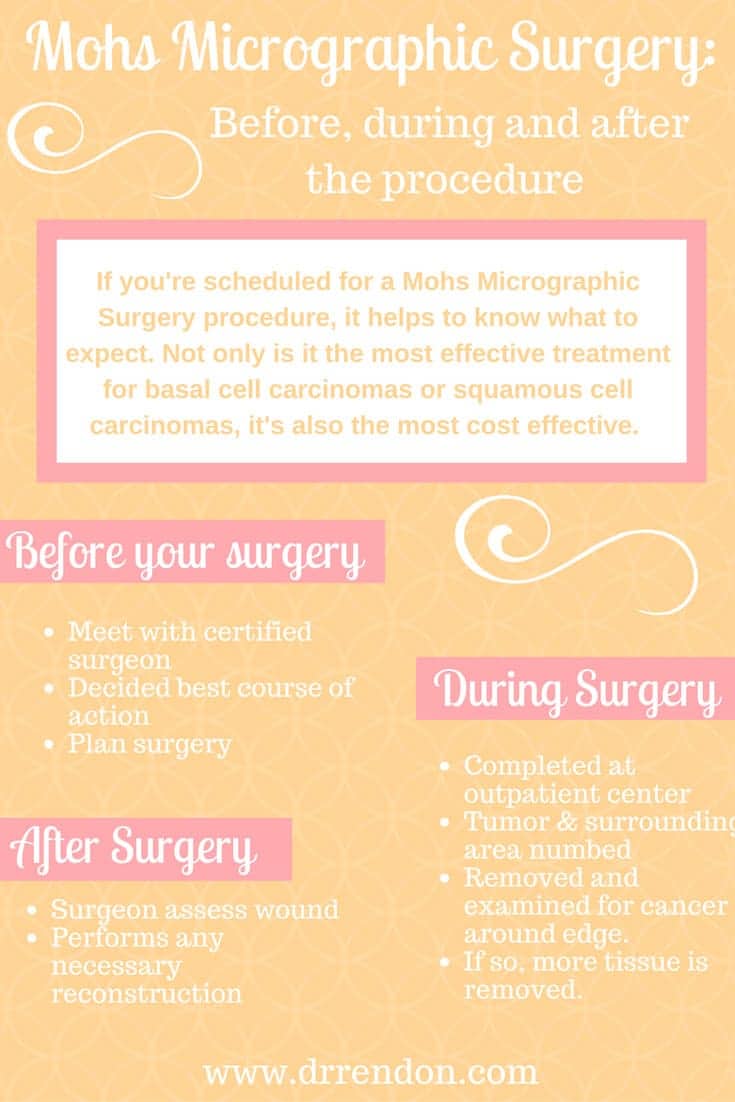Misconceptions And Realities Concerning Acne: Debunking Common Misconceptions
Misconceptions And Realities Concerning Acne: Debunking Common Misconceptions
Blog Article
http://www.medscape.com/viewarticle/948754 Written By-Upton Hawkins
You may assume that enjoying delicious chocolate or oily foods is the root cause of your acne, yet that's simply among several misconceptions swirling around this common skin condition. As a matter of fact, acne primarily comes from stopped up hair follicles, not your last treat. Misunderstandings like these can lead you to take on ineffective skincare methods that may even worsen your scenario. As you navigate the truths behind acne, you'll find understandings that might change your strategy to skin care and aid you attain more clear skin. So, what really lies underneath the surface area?
Common Myths About Acne
When it involves acne, many people count on typical misconceptions that can result in complication and disappointment. One common myth is that consuming chocolate or oily foods causes acne. While diet can affect skin health, the straight web link in between details foods and acne isn't as clear-cut as lots of believe.
An additional typical mistaken belief is that you ought to scrub your face strongly to improve outbreaks. Actually, aggressive rubbing can irritate your skin and get worse acne.
You may also think that acne just influences teenagers, however grownups can experience it as well, frequently because of hormonal modifications or stress and anxiety. sd botox believe that tanning can improve acne, but sun exposure can actually bring about skin damages and intensify breakouts in the long run.
Finally, lots of think that using harsh items will eliminate acne swiftly. Nonetheless, these products can strip your skin of its all-natural oils, causing boosted irritation and even more breakouts.
Scientific Details Behind Acne
Recognizing the scientific facts behind acne can equip you to tackle this common skin disease more effectively.
Acne occurs when hair follicles end up being blocked with oil, dead skin cells, and bacteria. This process typically starts with an overproduction of sebum, the oil your skin naturally creates. Hormone modifications, especially throughout the age of puberty or menstrual cycle, can cause this excess oil.
Bacteria referred to as Propionibacterium acnes flourish in these clogged up pores, leading to swelling. When your body immune system responds, it can create redness and swelling, leading to those pesky pimples or cysts.
Genes additionally play a role; if your moms and dads had acne, you might be extra susceptible to it.
Diet regimen and anxiety levels can affect acne as well, however study is still evolving in these areas. While indulging in oily foods will not straight trigger outbreaks, a balanced diet plan can support your skin health and wellness.
Furthermore, managing stress can minimize hormone changes that may worsen acne.
Tips for Managing Acne
Managing acne effectively needs a combination of daily skin care routines and way of life changes. Begin by developing a regular skin care routine. Cleanse your face two times a day with a mild, non-comedogenic cleanser to remove dust and excess oil. Prevent rubbing also hard, as this can aggravate your skin and get worse acne.
Next off, integrate items including salicylic acid or benzoyl peroxide to help prevent breakouts. Always follow up with a lightweight, oil-free moisturizer to maintain your skin hydrated. Do not fail to remember sunscreen; choose non-comedogenic choices to secure your skin from UV damages without blocking pores.
Beyond skincare, take notice of your diet. Limitation sweet and oily foods, and concentrate on fruits, veggies, and entire grains. Remaining hydrated is coolsculpting loose skin before and after , so beverage a lot of water throughout the day.
Furthermore, manage tmj botox and anxiety with tasks like yoga, meditation, or workout, as stress and anxiety can cause breakouts.
Last but not least, avoid choosing or standing out acnes. This can bring about scarring and additional swelling. If your acne continues, seek advice from a dermatologist for tailored therapy options.
Conclusion
Finally, it's vital to separate fact from fiction when it comes to acne. By debunking typical misconceptions, you can much better understand your skin and make educated options for your skin care regimen. So, why remain to rely on obsolete concepts when the reality can empower you? Welcome healthier behaviors, focus on mild cleaning, and keep in mind that managing acne is a trip. With the appropriate knowledge, you're one action more detailed to clearer, much healthier skin.
